Manche Kritiker halten Tim Buckley für den besten Sänger seiner Generation. Auch wenn bei dieser Bewertung Bob Dylan nicht berücksichtigt wird, spricht mit dieser Doppel-CD eine ganze Menge für Buckley. Zweifellos konnte der Freistilist mit seiner Stimme Dinge anstellen, zu denen nur wenige andere Sänger imstande waren: Buckley sang jenseits jeglicher gewöhnlicher Tonlagen und hielt Noten, wo anderen schon längst die Puste ausgegangen wäre.
Der Freistilist, der von Jazzvokalisten wie Sarah Vaughan gelernt hatte, verwandte seine technischen Fähigkeiten, um seine Stimme in einen seltsamen, tranceartigen Zustand zu versetzen.
An jenem Abend in London, als Tim Buckley vor einem gespannten, aufmerksamen Publikum auftrat, war es, als rezitiere jeder einzelne Ton ein imaginäres Gedicht. Seine Band, die mit Lee Underwood an der Gitarre, David Friedman am Vibraphon und Danny Thompson am Bass an den Sound von Astral Weeks erinnerte, folgte jedem seiner subtilen und explosiven Bewegungen mit mühelosem Elan.
Ray Francis Kasten, aus der Amazon.de-Redaktion
Jacques Brel lobte ihn als "den aufregendsten Vokalisten", den er je gehört hätte. Kein Wunder, der Sänger aus Washington, D.C. startete als typischer Folksänger, um sich später spektakulär über musikalische Konventionen hinwegzusetzen. Buckley jodelte schon mal in Kisuaheli und experimentierte mit seiner Stimme, wie Jimi Handrix seine Gitarre forderte, Cecil Taylor sein Piano reizte und John Coltrane das Blech freiblies. Der bisher unveröffentlichte Konzertmitschnitt aus London spiegelt den weiten Horizont in Buckleys Werk wieder: eine Sternstunde, die musikalisch von Folk bis zu jazzigen Raumklängen leuchtet.
(© Stereoplay)
This, like so many Enigma releases, was literally a dream project, and carries a lot of energy and love with it, in the music and the performance. Recorded in London in 1968, when Buckley was just beginning to be really successful and had yet to move out of his folk-oriented phase. The band he's working with here is simple -- Buckley's voice and fairly simple guitar; Lee Underwood providing subtle, almost jazz-like electric accompaniment; Pentangle's Danny Thompson sitting in on bass (with a minimum of rehearsal); and vibraphone player David Friedman. There's an assortment of songs from the three albums Buckley had released up to then, plus a couple that would turn up on later albums, and six songs that he never released in any form. This album, however, was released for the first time in 1989, and what you get is the complete concert -- no cuts, no edits, no rearranging. It's a spectacular piece of work, too. It's difficult to believe that the tape was made in 1968 -- there's almost no noise, the music seems perfectly recorded, and the ambience is breathtaking. Buckley's voice is right up front, hovering over the acoustic guitar, clear as a bell. It's a tribute to CD mastering wizard Bill Inglot, who co-produced the release, that it has such a gorgeous, broad sound. The instruments are carefully separated, clean, and glitch free; if there are tape dropouts here, one can't hear them. Musically, it's a spirited affair. Buckley is a beautiful singer, and had a broad selection of excellent, often breathtaking, songs. Even when the songs are a bit of a mish-mash, as happens with the unfortunately over-energetic "Who Do You Love" (one of the unreleased songs), you're caught by the vocal pyrotechnics he displays -- he can be seductive, and he can be a shouter, and he's always very, very good. Other than this, there's very little to say about Dream Letter. If you're at all interested in Buckley, or in various hybrids of folk music, then this album is a must. If you just want to hear one of hell of a good CD, check it out.
(by Steven McDonald, All Music Guide)
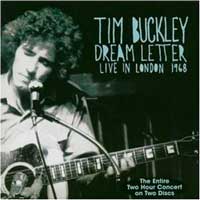
 Plattentipp
Plattentipp 




















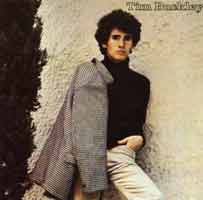
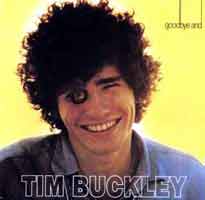
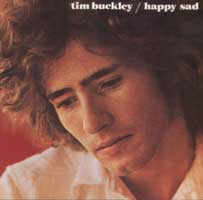
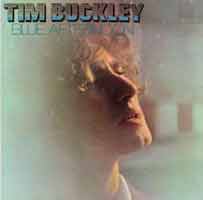

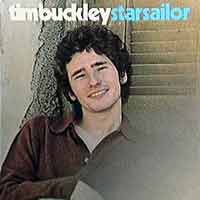
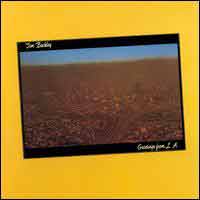
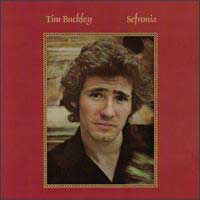
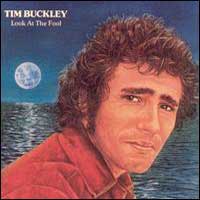
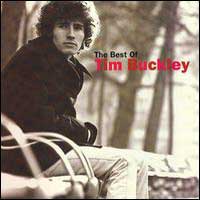
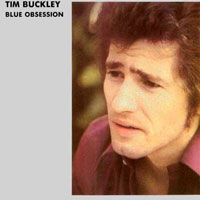
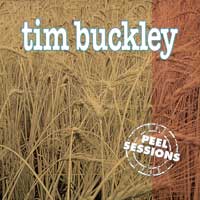
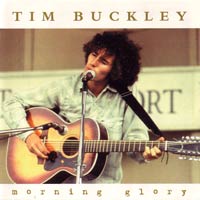
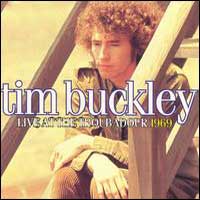
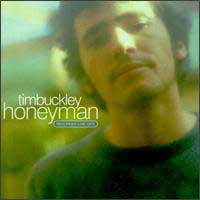
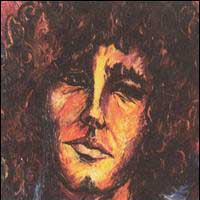
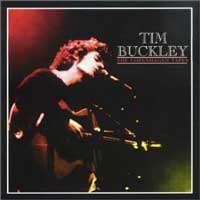
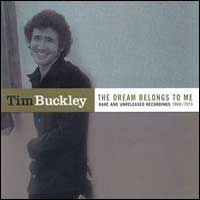
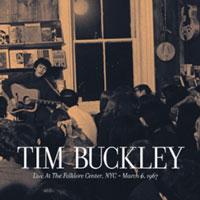
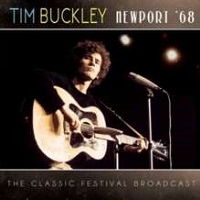
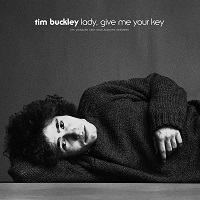
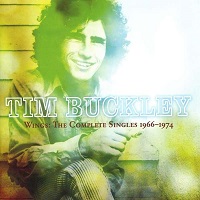
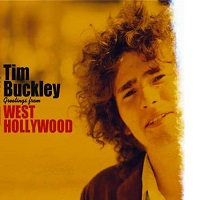
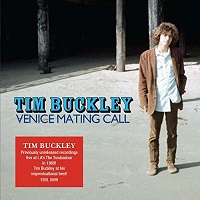
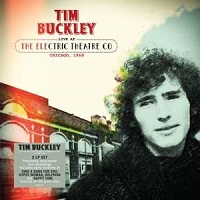
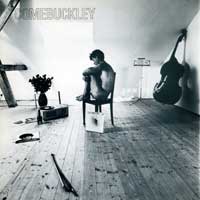
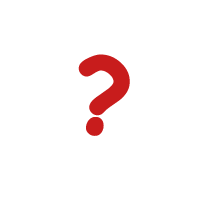

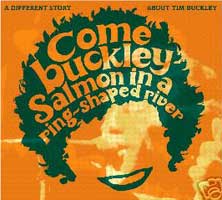

 #756 Virgin/Colin Larkin(2000)
#756 Virgin/Colin Larkin(2000) eins von 100 Insel-Alben von Günter Ramsauer (1961-2002)
eins von 100 Insel-Alben von Günter Ramsauer (1961-2002)  Tim Buckley
Tim Buckley 